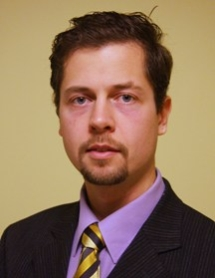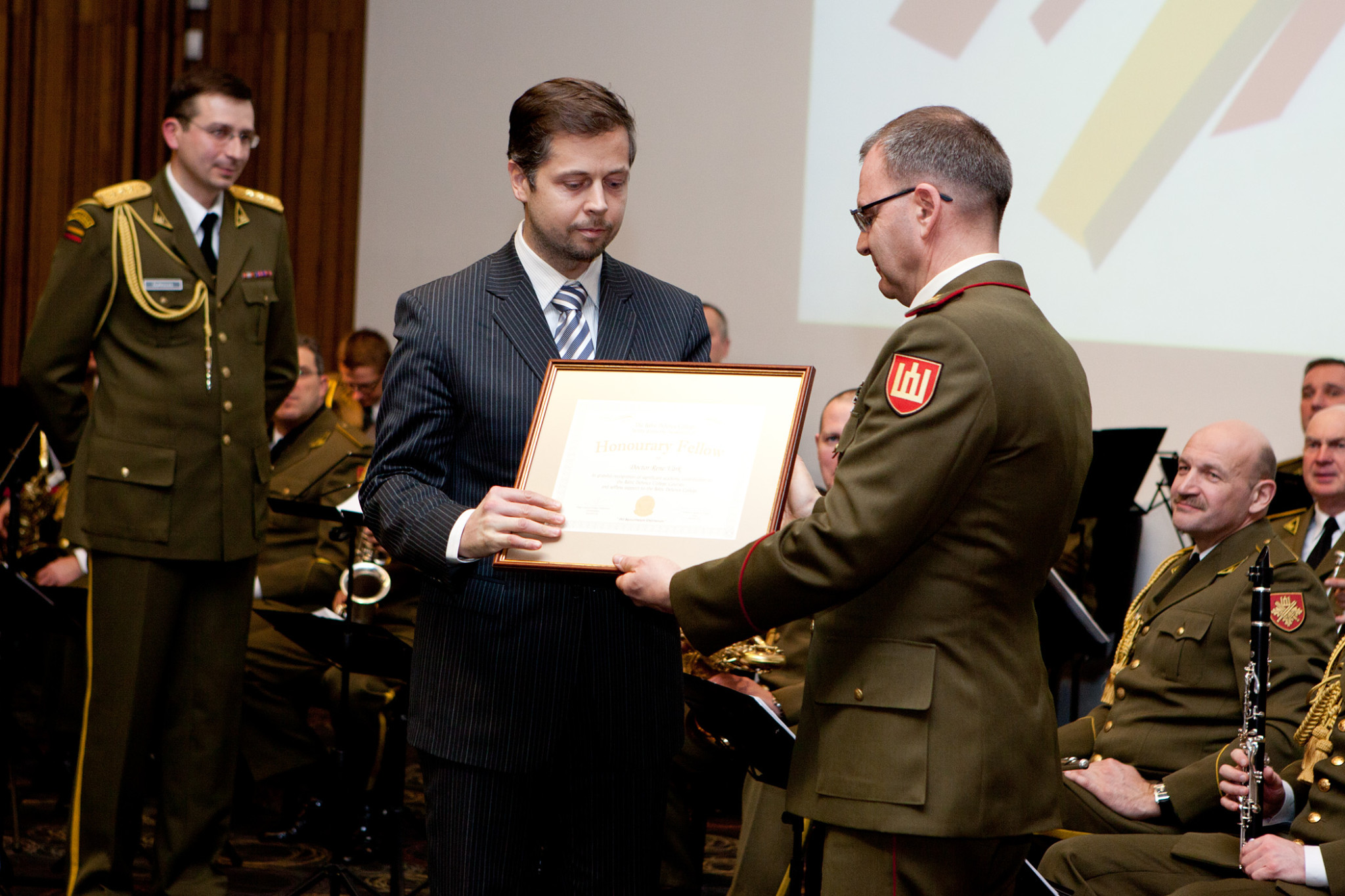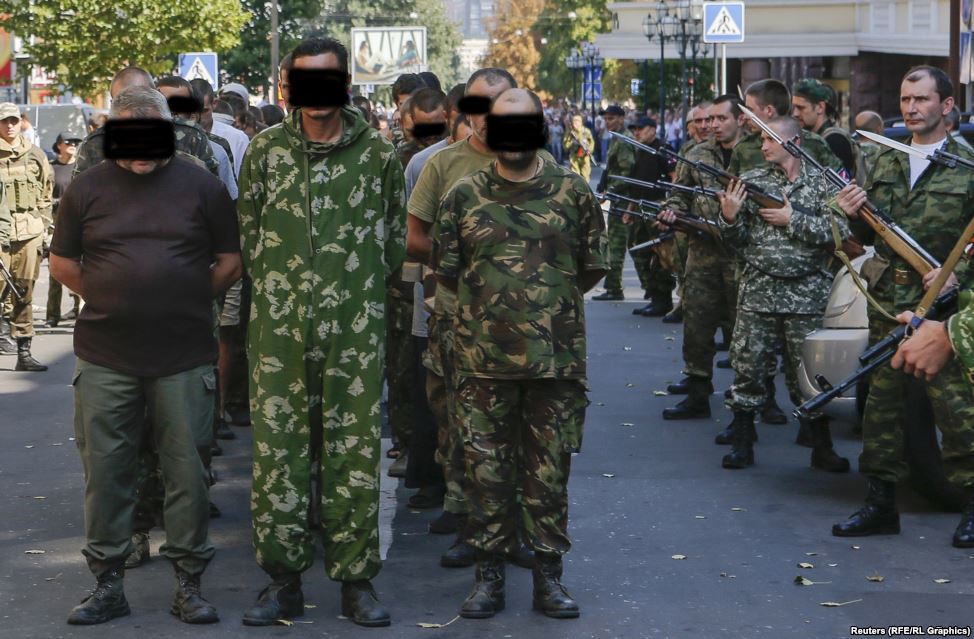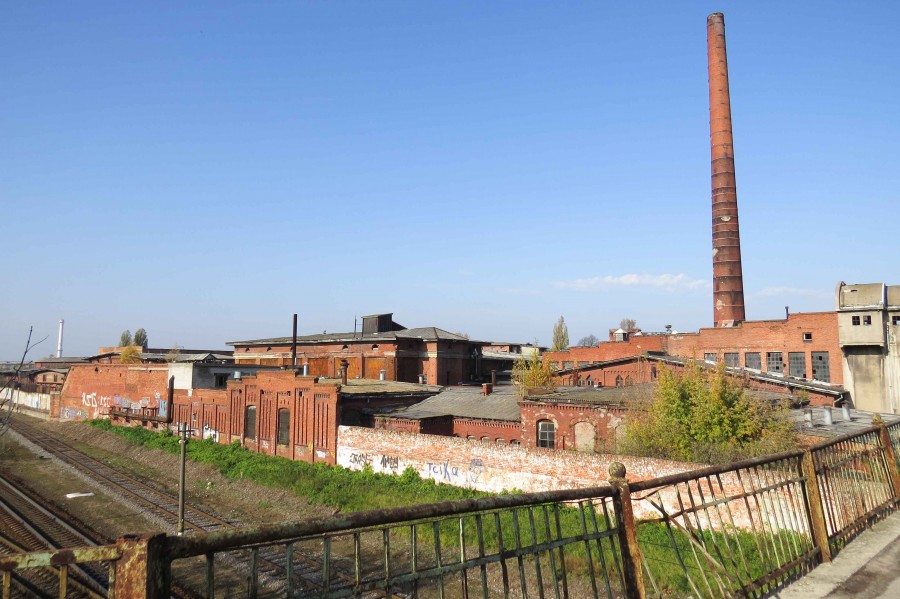
Who can punish Russia for war crimes in Donbas?
First of all, every state has an obligation to prosecute people who have committed international crimes, including war crimes. If states fail, or they are not willing to prosecute, then there are international courts and tribunals.
With the latter ones there is always a question of jurisdiction. The International Criminal Tribunal for the former Yugoslavia in the Hague deals with the issues from those states. There is the International Criminal Court, but the problem is that Russia is not a party to the Rome Statute.
The next question is whether the ICC will actually start the investigation and whether it leads to prosecution. There are different steps. First, they will have to find out if there is enough evidence to bring people to court. It’s quite a slow process and it does not always lead to prosecution.
Russia’s hybrid warfare leaves the status and nationality of alleged war criminals undefined. Is that an obstacle to prosecution?
Neither nationality, nor their status matter. When it comes to war crimes, everyone is responsible and everyone is allowed to be prosecuted – this is what we call universality principle.
If an individual commits an international crime, that person can be personally responsible. But if that individual has connections to another state, it is also possible that the state is responsible.
If we establish that organized armed groups in Donbas have strong connections to Russia, it is possible to hold also Russia responsible. But this is a question of evidence and investigation, which takes time.
Nobody has been called responsible for kidnapping Savchenko and fabricating evidence to imprison her. How does her case look like from the international law perspective?
We need to classify the case. From the legal perspective, it is always important to know whether it is a time of peace or war, whether law enforcement rules apply, or international humanitarian laws.
In eastern Ukraine, is it a time of peace and the state confronts terrorists using the same rules as, for example, the police would use in Kyiv? Or do we admit that this is actually an armed conflict? Then we have to decide whether this is a non-international or international armed conflict. There’s also a possibility of what we call internationalized non-international armed conflict, which means that organized armed groups are supported by another foreign state.

If it is an armed conflict, the rules are different. When you catch combatants from the other side, they become prisoners of war. POWs may not be punished for participating in hostilities, because it is their job. So if Russia catches a Ukrainian soldier, then he or she may be kept as a prisoner of war until the end of hostilities. If the combatant has violated the laws of war, this person may be prosecuted.
However, if we say it’s not an armed conflict, then international humanitarian law does not apply and everyone who is taking up arms and is not from the government is a criminal. Then if someone, even a Ukrainian combatant, crosses Russia, the country can declare this person a criminal. That’s what happened with Savchenko.
Ukraine and the West have been very clear with their positions regarding the military conflict in eastern Ukraine. Then who else needs to classify the cases?
In certain situations Ukraine calls it an armed conflict. In others, it is not considered an armed conflict, Kyiv says “we are fighting terrorists in the ATO [Anti-Terrorist Operation] zone.” So what is it, finally? If you say one thing the first day, and another the second day, it gets confusing. Of course, the other side can always use whatever suits the specific circumstances best.
When Russia imprisoned Ukrainian activists from Crimea, was that any different in terms of law?
Crimea is definitely under occupation, which means it’s an international armed conflict. The law doesn’t allow Russia to make any permanent changes, since it is an occupying power in Crimea. You should not bring your people, you should not deport locals. Ideally, occupation is a temporary situation, so that it may not lead to annexation.
But what the occupying power can demand (right now I’m speaking on what Russia may think) according to the law of occupation is a certain degree of cooperation from locals in order to establish deep public order. Russia may argue that those activists were not cooperating in maintaining public order, therefore they can be arrested.
Russia has never admitted to have occupied those territories, they called it “reunification.”
Yes, but that’s not how it should be. From the international legal perspective, this is occupation. It is a fact that Russia does not admit.
Ukraine could potentially sue Russia in international courts. I know of three cases that Ukraine is preparing. Also, in the European court on Human rights, as far as I know, there are three cases between Ukraine and Russia. There is no quick solution, we’ll have to wait and see what these cases bring.
Does Russia really reshape the world order by violating international laws and treaties?
Breaking the rules does not mean that they are not valid any more. The fact that Russia breaks international law is a violation, and we must respond to this. If we say that the rules are no longer valid, we have no reason to say they were broken.
Dealing with violations is the main question, however. Sanctions are one of the options that states can always apply. But applying sanctions is not about international law, it’s about political will and readiness to bear the costs.
In reality, once the territory is seized, it’s difficult to get it back. It’s just a fact. Take for example Abkhazia or South Ossetia. Over time, your options to get those territories back shrink. Now everyone says that Georgia has to negotiate, no one thinks that they may actually use force any more. With years, it becomes politically much more difficult. It’s not legally correct, but nevertheless it’s a fact of life.








